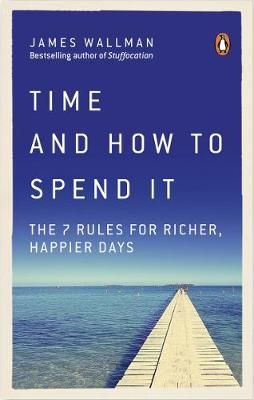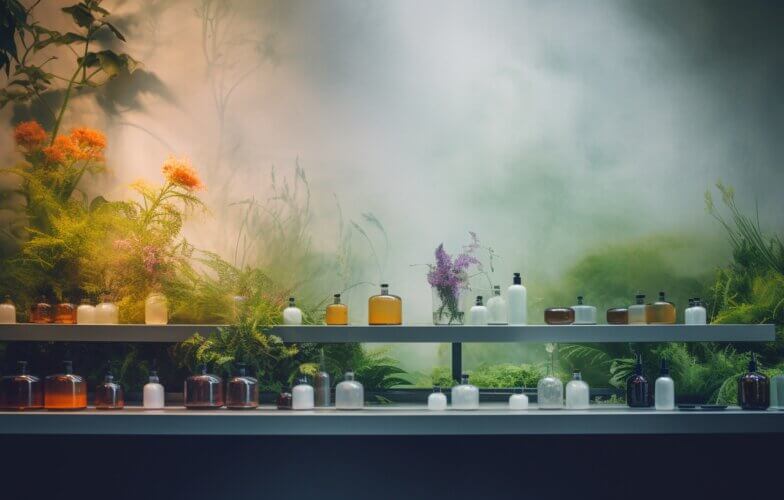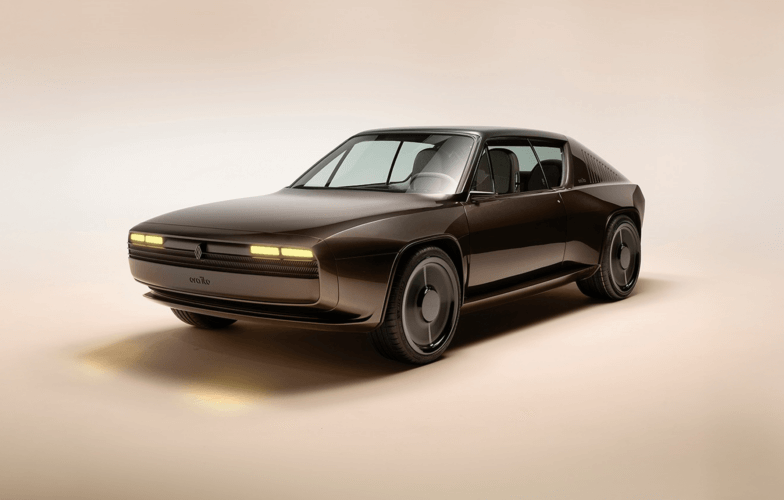
Reinventing Luxury
DecodingsChallenging the external signs of social status, the younger generation is making lifestyle choices geared to freedom and holistic experiences rather than maximum comfort.
The values and status symbols traditionally associated with luxury continue to be challenged as part of current reflections on postmodernity, including those of French sociologist Michel Maffesoli. For young adults in the West, “living the good life” is no longer about material possessions, but equated with the power to deviate from conventions, disconnect from the digital world and undertake a quest for experiences and meaning that has become the new notion of privilege.
Detachment from the traditional codes of possession
In the NellyRodi “Life & Style 2021” report, we have noted the radicality of a certain fringe of the population ready to clash with established codes, underscoring the need to regard the world more horizontally and reappropriate how we represent time as opposed to materiality.
One insight in particular stands out: 90% of U.S. respondents to a survey done last year by YouGov, the U.K. public opinion and data company, said they associated the idea of the American Dream with freedom, even more than financial stability. This was a first in the history of YouGov surveys in the United States: in the expression of lifestyle preferences, the demand for flexibility more than equaled the desire for money.
Eco-awareness has influenced the collective consciousness. A second version of this report, released in early 2019, indicated that more than half of the new generation (57%) said their interest lay, not in improving their social status, but in trying to build a society driven by markers of horizontality.
Experience, the new status symbol
In the same vein, futurist and bestselling author James Wallman, whose book “Time and How to Spend It” was published in April 2019, notes a fundamental shift in paradigm in how we measure happiness and social status (“Buying things takes money, but doing things takes time”.) He points out that, in this age of experience, “access” is a more of a privilege than possessions or financial security, stressing that brands need to take the new landscape into account more effectively.




